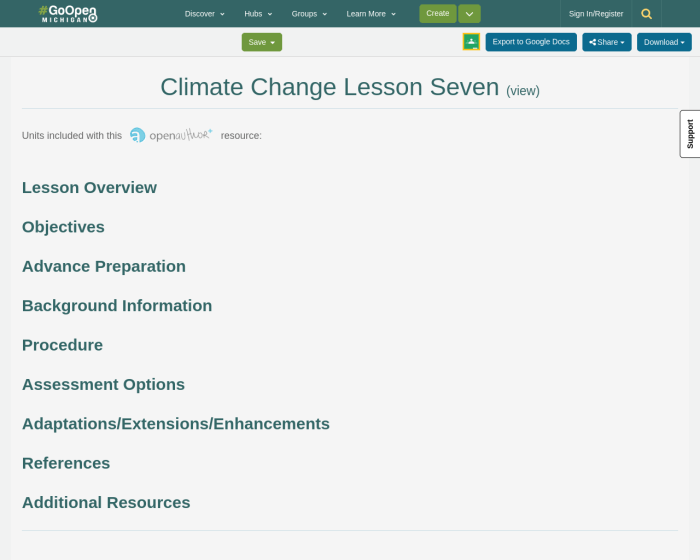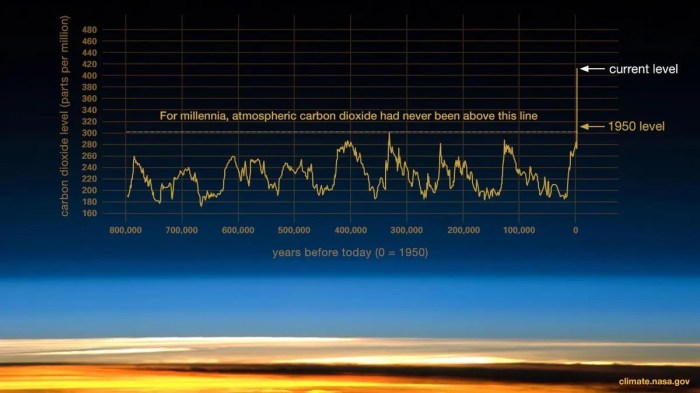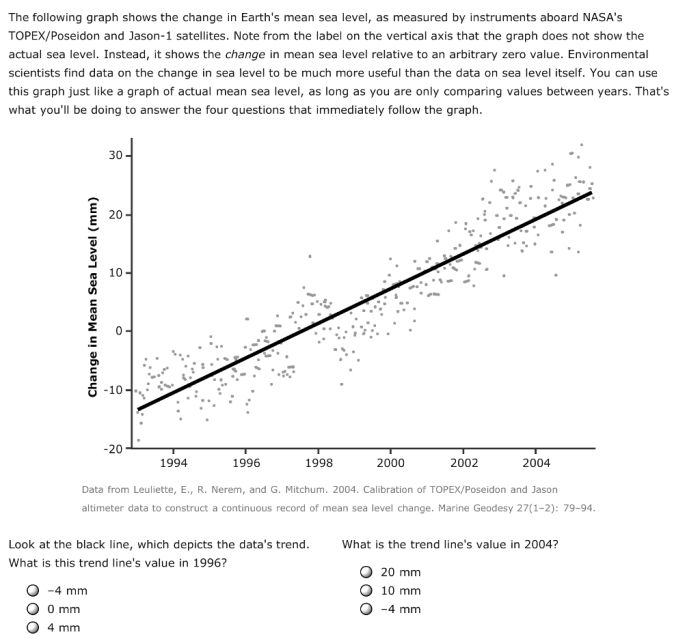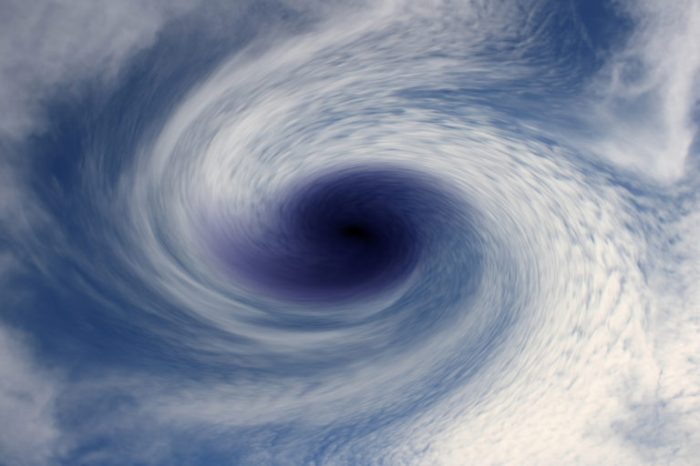Global climate change POGIL answersprovide a valuable resource for educators seeking to engage students in the critical topic of climate change. POGIL (Process Oriented Guided Inquiry Learning) activities foster student understanding through hands-on exploration and collaborative learning.
This guide explores the key concepts and skills addressed in POGIL activities on global climate change, highlighting their effectiveness in promoting student engagement and understanding. It also establishes criteria for evaluating student answers, provides a rubric for assessment, and offers a comprehensive table summarizing the key concepts covered.
Understanding Global Climate Change: Global Climate Change Pogil Answers

Global climate change refers to the long-term alteration of temperature and typical weather patterns in different areas of the world. It is primarily caused by the increase in greenhouse gas emissions, particularly carbon dioxide (CO2), resulting from human activities such as burning fossil fuels for energy production, deforestation, and industrial processes.
The effects of global climate change are far-reaching and include rising sea levels, changes in precipitation patterns leading to more frequent and intense storms and droughts, and shifts in plant and animal ranges. These changes have significant implications for ecosystems, human health, and economic systems worldwide.
Human Activities and Climate Change
Human activities play a substantial role in contributing to climate change. The burning of fossil fuels, such as coal, oil, and natural gas, releases large amounts of CO2 into the atmosphere. Deforestation, particularly in tropical rainforests, reduces the Earth’s capacity to absorb CO2 and further exacerbates climate change.
- Burning of fossil fuels for electricity, transportation, and industrial processes
- Deforestation for agriculture, logging, and urbanization
- Industrial processes that emit greenhouse gases, such as cement production
Impacts of Climate Change
The impacts of climate change are already being felt around the world and are expected to become more severe in the future. Some of the key impacts include:
- Rising sea levels, threatening coastal communities and infrastructure
- Changes in precipitation patterns, leading to more frequent and intense storms and droughts
- Melting of glaciers and ice caps, contributing to sea level rise and disrupting ecosystems
- Shifts in plant and animal ranges, impacting biodiversity and ecosystem services
- Increased frequency and intensity of heat waves, posing health risks and straining infrastructure
These impacts are not uniform across the globe. Some regions, such as low-lying coastal areas and arid regions, are particularly vulnerable to the effects of climate change.
Analyzing POGIL Activities

POGIL (Process Oriented Guided Inquiry Learning) activities on global climate change are designed to promote student engagement and understanding of the complex scientific concepts and issues surrounding this topic.
Key Concepts and Skills
- The greenhouse effect and its role in regulating Earth’s temperature
- Human activities that contribute to climate change, such as burning fossil fuels
- The impacts of climate change on the environment, including sea level rise, extreme weather events, and changes in biodiversity
- Mitigation and adaptation strategies to address climate change
- Scientific inquiry and data analysis skills
- Communication and collaboration skills
Promoting Student Engagement and Understanding
POGIL activities are designed to actively engage students in the learning process. They typically involve small group work, where students work together to explore a topic and develop their own understanding. This collaborative approach encourages students to share their ideas, question each other’s assumptions, and build upon each other’s knowledge.
POGIL activities also incorporate hands-on activities, such as experiments or simulations, which can help students to visualize and understand complex concepts.
Specific Examples
Here are some specific examples of how POGIL activities can be used to teach about climate change:
- A POGIL activity could involve students working in groups to investigate the greenhouse effect. They could use a simple model to demonstrate how certain gases trap heat in the atmosphere, and then they could discuss the implications of this for Earth’s climate.
- Another POGIL activity could focus on the impacts of climate change on sea level rise. Students could use data from tide gauges to track changes in sea level over time, and then they could discuss the potential consequences of these changes for coastal communities.
- A third POGIL activity could explore mitigation and adaptation strategies for climate change. Students could research different strategies, such as reducing greenhouse gas emissions or developing renewable energy sources, and then they could discuss the pros and cons of each strategy.
Evaluating POGIL Answers

Evaluating student answers to POGIL activities is crucial to assess their understanding of climate change concepts and the accuracy and completeness of their responses.
Criteria for Evaluating Accuracy and Completeness
- Scientific Accuracy:Answers should be scientifically accurate and supported by evidence.
- Completeness:Answers should address all aspects of the question and provide sufficient detail.
- Clarity and Conciseness:Answers should be clear, concise, and well-organized.
Guidelines for Assessing Understanding, Global climate change pogil answers
- Conceptual Understanding:Assess whether students demonstrate a clear understanding of climate change concepts.
- Reasoning and Problem-Solving:Evaluate students’ ability to reason logically and solve problems related to climate change.
li> Communication Skills:Consider students’ ability to communicate their understanding effectively.
Rubric for Evaluating Student Responses
| Criteria | Levels of Performance |
|---|---|
| Scientific Accuracy |
|
| Completeness |
|
| Clarity and Conciseness |
|
Developing al Resources

To provide students with a comprehensive understanding of global climate change, it is essential to supplement POGIL activities with additional resources and a well-structured lesson plan.
Table of Key Concepts
The following table summarizes the key concepts covered in POGIL activities on global climate change:
| Concept | Description |
|---|---|
| Greenhouse effect | The process by which certain gases in the atmosphere trap heat from the sun, causing the planet to warm. |
| Climate change | Long-term changes in temperature, precipitation, and other climatic variables. |
| Human activities | Activities that contribute to climate change, such as burning fossil fuels and deforestation. |
| Feedback loops | Processes that can amplify or dampen the effects of climate change, such as the melting of ice caps and the release of methane from thawing permafrost. |
| Mitigation | Actions taken to reduce greenhouse gas emissions and mitigate the effects of climate change. |
| Adaptation | Actions taken to adapt to the impacts of climate change, such as building sea walls and developing drought-resistant crops. |
Additional Resources
The following list provides additional resources that can be used to supplement POGIL activities:
- Intergovernmental Panel on Climate Change (IPCC): The IPCC is the leading international body for the assessment of climate change. Its website provides a wealth of information on the science, impacts, and mitigation of climate change.
- National Oceanic and Atmospheric Administration (NOAA): NOAA is a U.S. government agency that provides climate data and research. Its website includes information on climate change, weather, and oceans.
- Climate Change Education Partnership: This partnership provides resources for teaching and learning about climate change. Its website includes lesson plans, activities, and videos.
Lesson Plan
The following lesson plan incorporates POGIL activities into a unit on climate change:
- Day 1:Introduction to climate change. Students will be introduced to the concept of climate change and its causes. They will participate in a POGIL activity on the greenhouse effect.
- Day 2:Impacts of climate change. Students will learn about the impacts of climate change on the environment and human society. They will participate in a POGIL activity on feedback loops.
- Day 3:Mitigation and adaptation. Students will explore strategies for mitigating and adapting to climate change. They will participate in a POGIL activity on mitigation and adaptation.
- Day 4:Climate change policy. Students will discuss the different policy options for addressing climate change. They will participate in a debate on the merits of different policy options.
- Day 5:Conclusion. Students will summarize what they have learned about climate change and its implications for the future. They will participate in a discussion on the importance of taking action on climate change.
Detailed FAQs
What are the key concepts covered in POGIL activities on global climate change?
Key concepts include the causes and effects of climate change, the role of human activities, and the impacts on different regions.
How do POGIL activities promote student engagement?
POGIL activities engage students through hands-on exploration, collaborative learning, and guided inquiry.
What are the criteria for evaluating student answers to POGIL activities?
Answers should be accurate, complete, and demonstrate an understanding of the key concepts.

